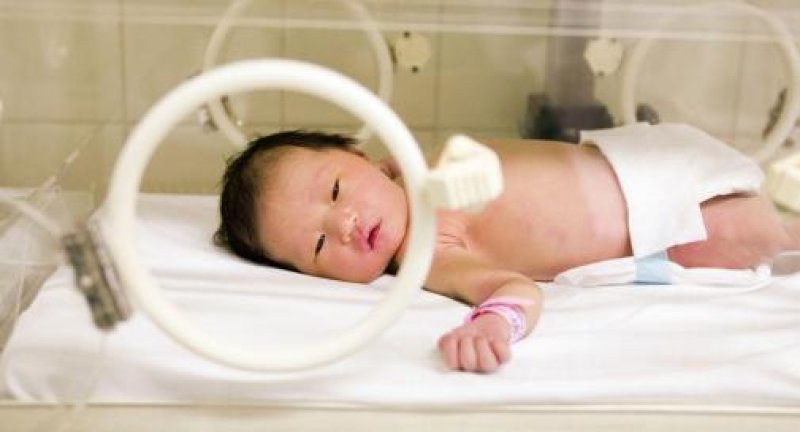When babies become intensely ill, it can be difficult to know what has gone wrong. But the answer, quite often, is hidden somewhere in their genes.
Whole-genome sequencing — in which scientists can read the nearly 3 billion chemical letters in DNA — can help turn up that answer. And scientists, increasingly, are laying out a case for using that tool in an intensive care setting, despite the upfront costs.
The data, they say, show over and over that early diagnosis of genetic disorders not only saves lives, but can keep long-term health care costs down.
…
At the University of Cambridge, [Lucy] Raymond and her team sequenced the genomes of 145 sick children. Most notably, she found that there wasn’t much correlation between genotype and phenotype — meaning that doctors conducting standardized testing would have no reason to suspect a specific genetic disorder. When babies are very young, they may be hospitalized for being ill, but the form of illness won’t necessarily fit the existing diagnostic criteria for the rare disease they have, she said. In her study, only 13 percent of the children showed symptoms that correlated with their eventual genetic diagnosis.
Without whole-genome sequencing in the NICU, she said, most of these genetic disorders might only be diagnosed later in life, when they’re far more challenging to treat.
Read full, original post: With genome sequencing, some sick infants are getting a shot at healthy lives































